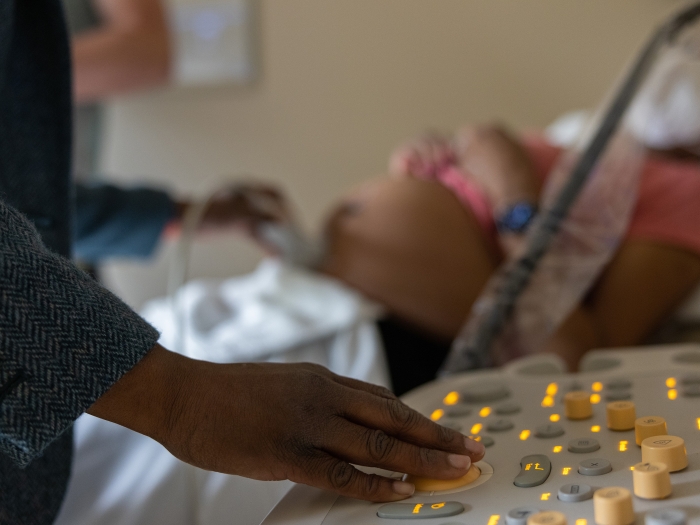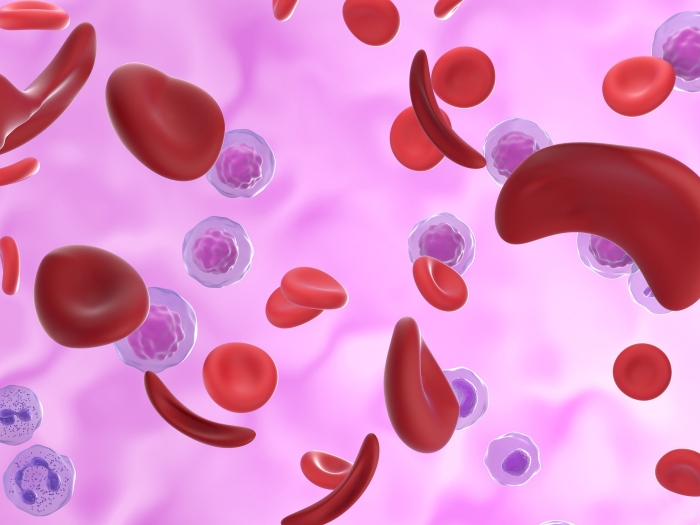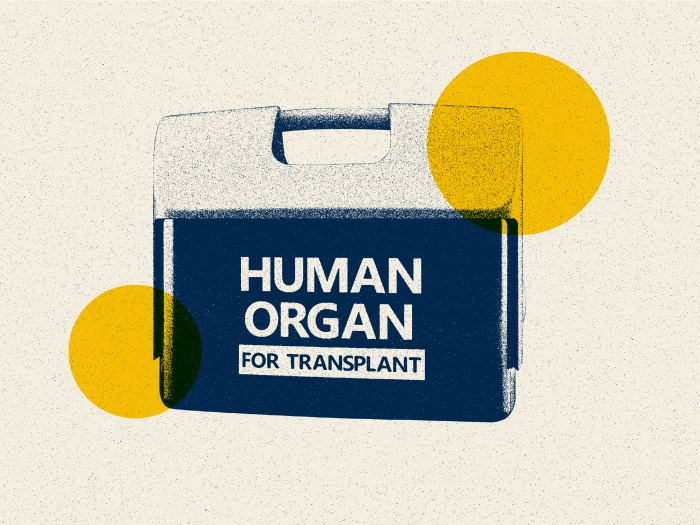Showing 31-45 of 134 results

Health Lab Podcast
A large study shows having bipolar disorder is associated with a four- to six-fold risk of dying prematurely, suggesting more preventive efforts needed. Visit Health Lab to read the full story.

Health Lab
The Flourish recharge room, an innovative gift given to Michigan Medicine, provides staff with a transformative and healing experience.

Health Lab
Research from Michigan Medicine experts is shedding light and potentially expanding options for patients living with an aggressive childhood cancer.

Health Lab
Jourdan Triebwasser, M.D., medical director of the University of Michigan Health Von Voigtlander Women's Hospital Birth Center and a maternal-fetal medicine specialist with a particular interest in this condition, shares more about detecting and treating the condition, and the importance of multidisciplinary collaboration in maternal-fetal outcomes.

Health Lab
How two newly approved gene therapies, including novel technology CRISPR, may help kids and adults with inherited blood disorders

Health Lab
Kyle and Kaylee Berner are enjoying making memories with their baby, Bennett, outside hospital walls. Courtesy of the Berners

Health Lab
6 ways families can make resolutions stick

Health Lab
By studying first-year college students’ experiences and backgrounds, scientists may have discovered a way to go beyond genetics to predict which students might be more or less vulnerable to stress-related depression.

Health Lab
Infants with hemophilia A who received monoclonal antibody emicizumab experienced few bleeding events and no serious complications, a study suggests.

Health Lab
Inadequate health coverage is a particular problem for commercially insured children, according to a Michigan Medicine and Columbia study. The research shows that coverage gaps are affecting publicly insured children as well.

Health Lab
The Michigan Medicine finding suggest a need for more education and screening of older adults for cannabis-related risks.

Health Lab
Last year, a young girl experienced up to 40 seizures a week. Today, after nearly a year of working with the ketogenic diet team at University of Michigan Health C.S. Mott Children’s Hospital – overseen by a pediatric neurologist and dietitian – she’s celebrating six months of seizure freedom.

Health Lab
A C.S. Mott Children's Hospital health poll found most mothers and over two-thirds of fathers of children ages 0-4 use social media for questions on topics like feeding and behavior challenges.

Health Lab
Patients who experience this condition following the Fontan continue to have a high risk of death from the time they’re waitlisted for a new heart through receiving the transplant, according to a 20-center study led by Michigan Medicine. And one specific complication called cyanosis – or experiencing less than normal oxygen blood levels – was associated with worsened survival.